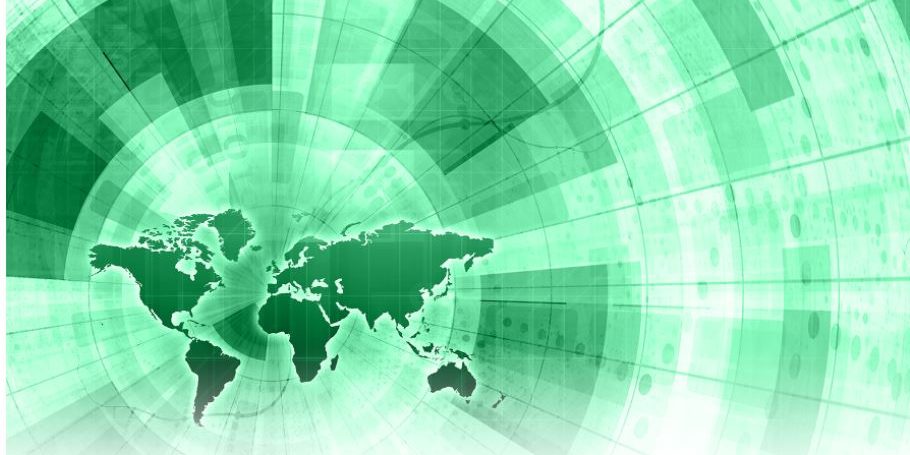What does the transportation industry have to do with a global pandemic? I’m not talking about how shipping and logistics are key in keeping the supply chain connected during global health crises so we can keep essential supplies like medicine, food, and toilet paper moving. Instead, I am referring to the often overlooked — yet very important — role transportation companies can play in preventing global pandemics.
In two recently published scientific papers, an international team of scientists offered the strongest evidence to date that the COVID-19 pandemic originated in animals at a market in Wuhan, China. Specifically, they concluded that the coronavirus most likely jumped from a caged wild animal into people at the Huanan Seafood Wholesale Market, where a huge COVID-19 outbreak began in December 2019.
Despite international laws prohibiting trade in engandered wildlife and various local regulations in different countries banning the sale and consumption of wild animals and their parts, living wild animals and wildlife products continue to be bought and sold through legitimate online marketplaces and illegal black markets.
So how did an African pangolin end up in a food market in China? Or how did trinkets made with ivory, whose trade has been globally banned since 1989, find its way to a black market in Thailand? With the help of an efficient transportation network that reaches every corner of the world!
TRAFFIC International, a non-governmental organization that monitors and fights illegal wildlife trade (IWT), estimates the illicit trade is a major transnational organized crime that generates between US$7 billion and US$23 billion each year, placing it alongside the trafficking of narcotics, arms, and humans in size and scale. Much of IWT is carried out by crime syndicates who, in addition to hiring poachers and securing buyers, are adept in exploiting the interconnected transport systems. While the duty to capture and prosecute these criminals rests with law enforcement authorities, transportation companies and their staff are invaluable sources of intelligence and should step up as partners in combating IWT.
When I was Head of Go Green at DHL eCommerce a few moons ago, I spearheaded a program to do just that. The topic of IWT was not new at DHL and seizures in parcels and packages did occur even before I started the program. That said, a lot more could be done in detecting and flagging suspicious shipments, including:
- Enhance detection of illegal wildlife shipments with
- Better shipper, vendor, and shipment certification using technology that provides enhanced background checks
- Improved manpower management to prevent corruption
- Training of staff on what to look for and who to contact when they come across suspious shipments
- Establish a globally mandated standard for the humane containment and transport for legal animal trade. Moreover, transport companies must ensure there is no mixing of animals in shipments.
- Locate new warehouse space in existing urban areas for keeping live animals so undeveloped lands stay untouched
I also advocated DHL to join United for Wildlife, a high-profile community founded by Prince William and The Royal Foundation in 2014. Its stated mission is to make it impossible for traffickers to transport, finance or profit from illegal wildlife products. The United for Wildlife’s Transport Task Force includes 121 logistics company signators; while the Financial Task Force has 44 financial institution members. I have always enjoyed attending events hosted by United for Wildlife, where I got to share information and learn best practices from organizations across sectors and borders.
Source: https://www.supplychainbrief.com/?open-article-id=21312307&article-title=the-green-corridor—logistics–role-in-preventing-the-next-pandemic&blog-domain=logisym.org&blog-title=the-logistics—supply-chain-management-society-















